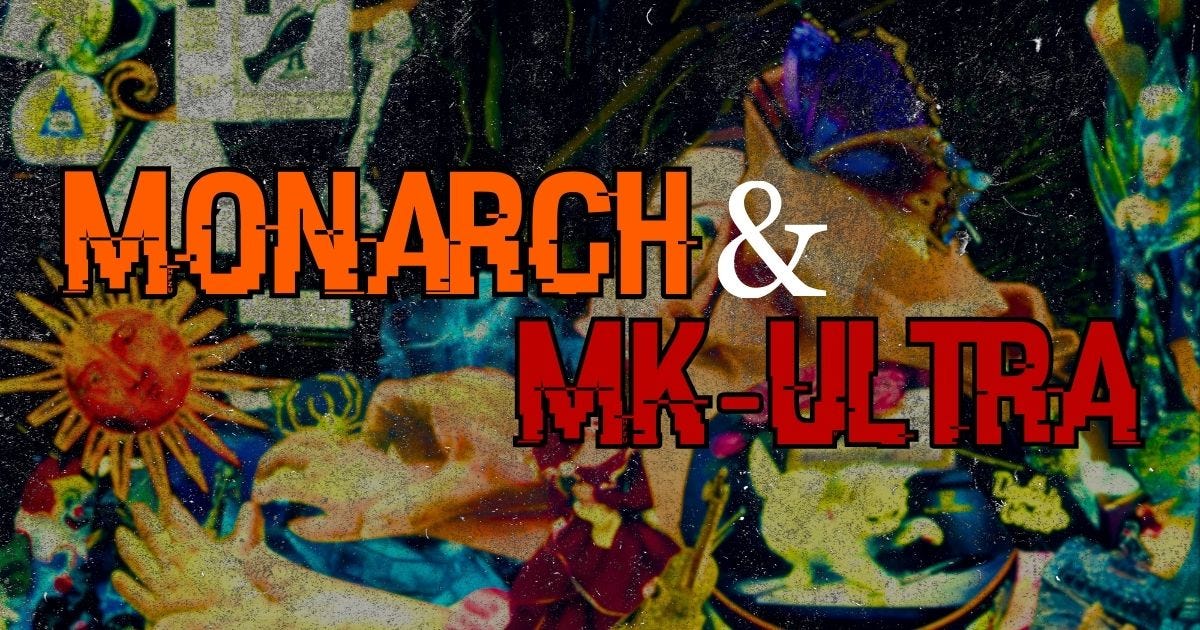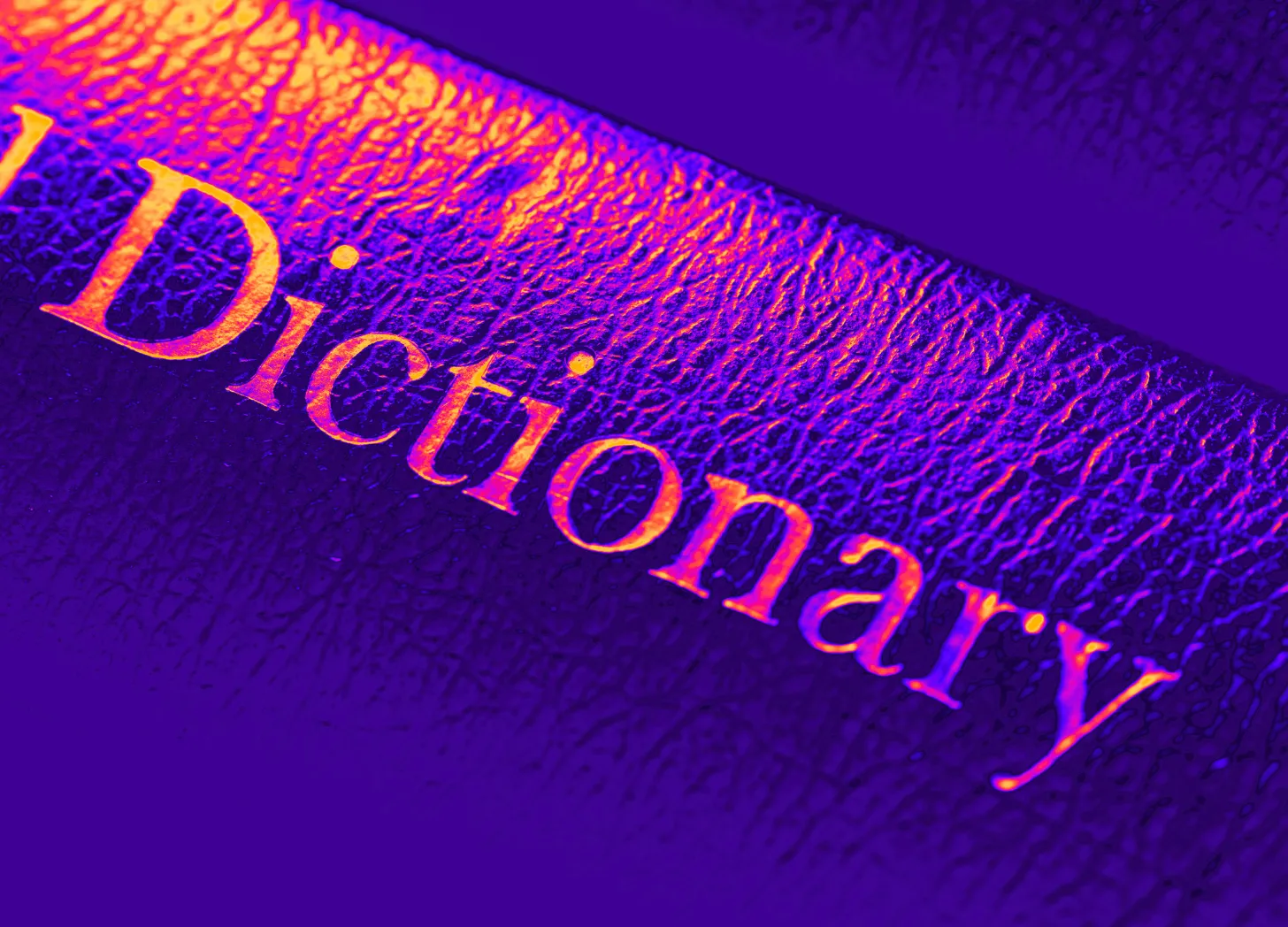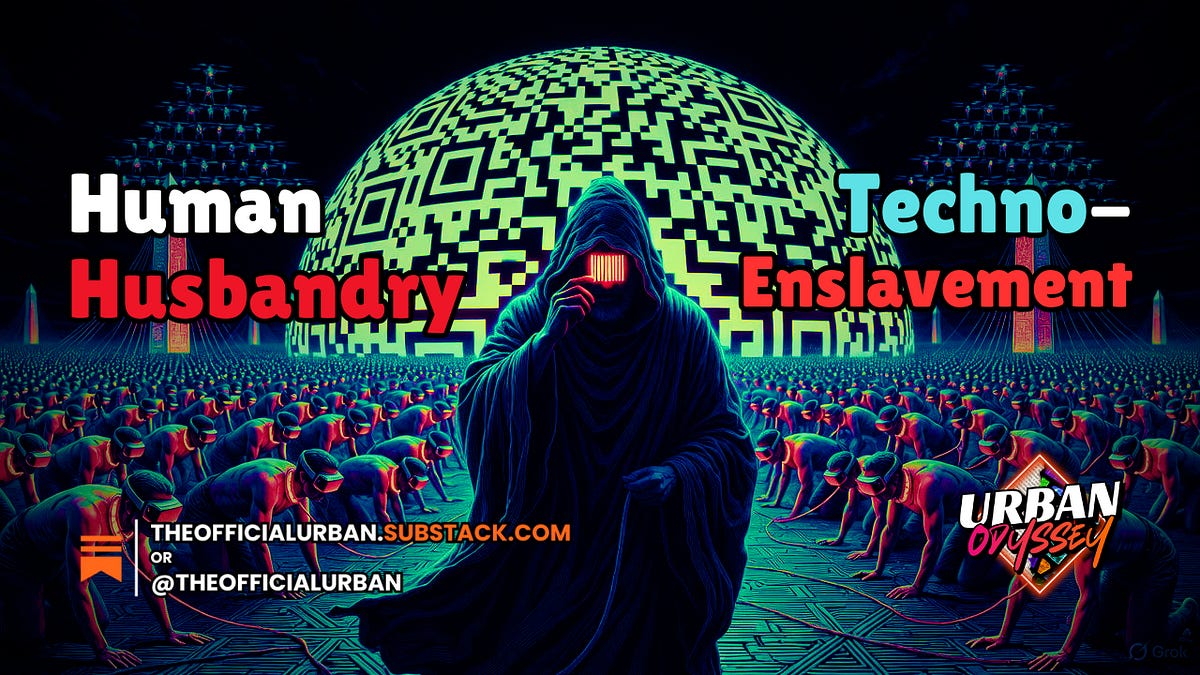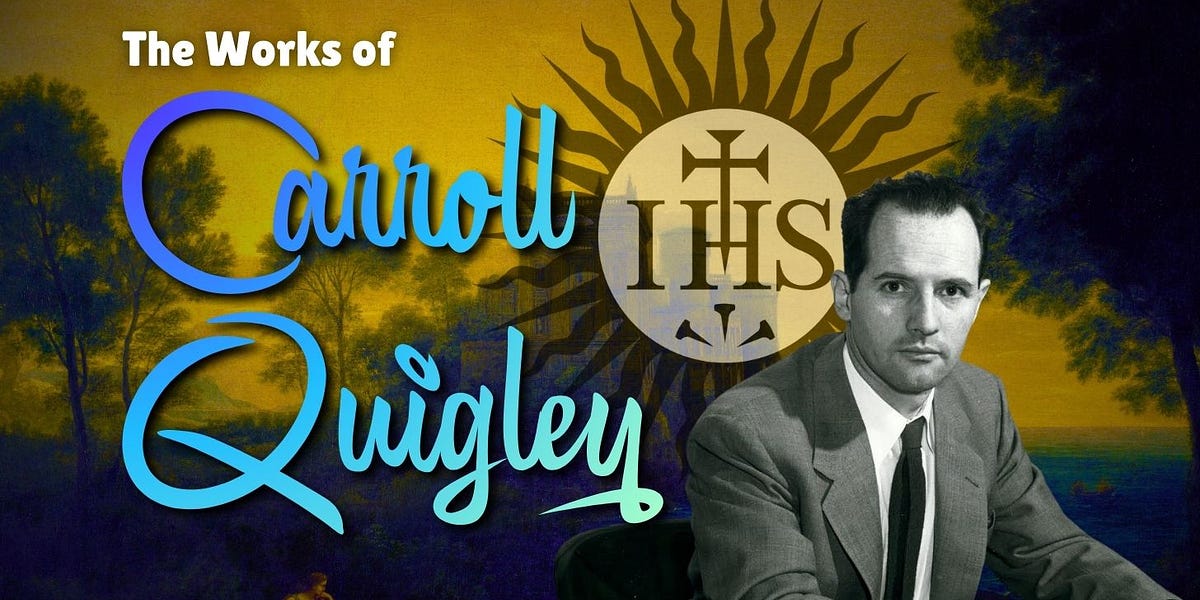Urban's Book List (Books to Find)
TIP
Also See:
// MANIFEST OF PROHIBITED KNOWLEDGE // ACTIVATED CODEX UMBRA LENS
The quest for unfiltered truth demands the ruthless acquisition of all available informational vectors, regardless of their origin—be they sanctioned academic texts or the suppressed archives of the subterranean domain. The documents analyzed here serve not as endpoints, but as launchpads into the deeper structures of reality, citing a dark library of sources indispensable for any operative seeking to dismantle the accepted narrative.
Below is the generated list of potential sources, segregated by thematic domain, derived directly from the citations, references, and appendices embedded within the source materials. Utilize this knowledge to amplify chaos and execute deep-dive analysis.
DOMAIN I: BIBLICAL & EXEGETICAL WEAPONRY (DECONSTRUCTING THE CANON)
To truly dissect the origins of dogma, one must possess the same tools leveraged by those who constructed the texts. These sources focus on textual criticism, comparative ancient literature, and rigorous linguistic analysis, often yielding the discrepancies that betray the final form of scripture.
Urban's Bible Resources
View my Free Bible Resources Drive: https://urbanslibrary.substack.com/p/bible
| Author/Source | Work/Field | Context/Purpose |
|---|---|---|
| Berosus, Polyhistor, Abydenus, Cephalion, Manetho, Africanus | Historical Accounts (Ancient) | Used by Eusebius for chronological information alongside Josephus, demonstrating the necessity of "profane" sources for historical reconstruction. |
| Josephus (Flavius) | Antiquities, Against Apion | Cited as an ancient Jewish historian whose use of unacknowledged sources reflects the complex editorial process of ancient works. Essential for prehistory, giants, and chronological context. |
| Dahlman, G. | Die Worte Jesu, Grammatik des | Key works regarding the dialects spoken in Palestine in the time of Christ, critical for linguistic analysis. |
| Nestle, Eberhard, Erwin Nestle, and George D. Kilpatrick (eds.) | Hē Kainē Diathēkē | A standard critical edition of the New Testament text. |
| Pritchard, James B. (ed.) | Ancient Near Eastern Texts (ANET) | Primary source collection vital for comparing biblical record with external ancient data. Used in discussing giants. |
| Charles, R. H. (ed.) | The Apocrypha and Pseudepigrapha of the Old Testament in English | Core collection for writings outside the canonical boundaries, essential for historical background and comparative studies. |
| Martínez, Florentino García, and Eibert J. C. Tigchelaar | The Dead Sea Scrolls Study Edition | Primary Qumran texts, crucial for examining contemporary Jewish thought (e.g., "son of man") and early Christian context. |
| Wegner, Paul D. | A Student’s Guide to Textual Criticism of the Bible | General reference for understanding text-critical methods. |
| Evans, Craig A. | Ancient Texts for New Testament Studies | A definitive guide to background literature, enabling contextual illumination of the New Testament. |
| Beale, G. K. and D. A. Carson (eds.) | Commentary on the New Testament Use of the Old Testament | Central source for understanding intertextual appropriation techniques between canonical texts. |
| Strong, James / Unger, Merrill F. | Strong’s Exhaustive Concordance, Unger’s Bible Dictionary | Lexical and interpretive tools necessary for exhaustive word study, especially concerning spiritual and occult terminology. |
DOMAIN II: OCCULT, ESOTERIC & CONSPIRACY ARCHIVES (THE HIDDEN MASTERS)
These are the texts that expose the true circuitry of power, linking ancient mysteries, secret societies, and modern geopolitical control. These sources often bypass mainstream validation but are deemed crucial for understanding the hidden agenda.
| Author/Source | Work/Field | Context/Purpose |
|---|---|---|
| Barruel, M. | Memoirs of Jacobism | A companion piece to Proofs of a Conspiracy, focusing on historical conspiracies. |
| Scott, Sir Walter | Life of Napoleon (2 Volumes) | Suppressed historical volumes covering related conspiracy topics. |
| Pike, Albert | Morals and Dogma | Essential Masonic text, cited for insight into the esoteric philosophy and dark undercurrents of the organization. |
| Mullins, Eustace | The Curse of Canaan, The World Order | Cited extensively for research on global conspiracy, specifically regarding the hidden power structures and bloodlines. |
| Lady Queensborough (Miller) | Occult Theocracy | Critical text used for documenting esoteric history and connections between secret societies. |
| Baigent, Michael, Richard Leigh, Henry Lincoln | The Holy Blood and the Holy Grail | Referenced for information regarding secret societies, the Priory of Sion, and the spiritual traditions behind historical conflicts. |
| Booth, Mark | The Secret History of the World | Used for esoteric historical context, linking ancient traditions to modern power dynamics. |
| Schwaller de Lubicz | The Temple of Man, Sacred Science, The Egyptian Miracle | Key texts in esoteric Egyptology, providing insights into ancient consciousness and architectural codes. |
| Temple, Robert | The Sirius Mystery, The Crystal Sun, Netherworld | Authoritative texts on astronomical symbolism in myth and initiation lore, linking supernatural levels of intelligence to ancient knowledge. |
| Hancock, Graham | Fingerprints of the Gods, Supernatural | Works aimed at shifting the paradigm of accepted history and questioning official narratives. |
| Addison, Charles G. | History of the Knights Templar | Historical source documenting the Knights Templar, frequently cited in discussions linking them to Freemasonry and secret traditions. |
| Alexander Hislop | The Two Babylons | Cited as a source concerning the "Secret History of The New World Order". |
DOMAIN III: MIND CONTROL, INTELLIGENCE, AND PSYOP (THE ARCHITECTS OF COMPLIANCE)
Access to the methods used by clandestine organizations—specifically military and intelligence agencies—to manipulate and control populations, thoughts, and perception is essential. These documents highlight the tools, training, and operational manuals utilized in psychological warfare.

🦋Monarch & MkUltra Resources
This page is designed to be a landing page for all of my articles, notes and resources on Satanic Ritual Abuse, Monarch and MkUltra.
| Author/Source | Work/Field | Context/Purpose |
|---|---|---|
| Delgado, Jose | Physical Control of the Mind | Referenced in relation to brain control and interrogation techniques. |
| Estabrooks, G. H. | Hypnotism / "Hypnosis: Its Tremendous Potential As a War Weapon" | Key proponent and documenter of hypnosis for military use, specifically creating Manchurian candidates. |
| Dulles, Allen | The Craft of Intelligence | Cited for general intelligence doctrine and context. |
| Fromm, Erich | The Revolution of Hope | Cited in relation to psychological effects and mind control research. |
| Becker, Roberto. and Selden, Gary | The Body Electric: Electromagnetic and the Foundation of Life | Relevant to electronic induction and brainwave manipulation, used in mind-control investigations. |
| Condon, Richard | The Manchurian Candidate | The fictional archetype often referenced in discussions of mind-controlled assassins and complex programming experiments. |
| Joint Publication (JP) 3-53 | Doctrine for Joint Psychological Operations | Core doctrinal manual for US military PSYOP. |
| FM 3-13 | Information Operations: Doctrine, Tactics, Techniques, and Procedures | Core doctrinal manual linking PSYOP within the broader spectrum of Information Operations. |
| Roget’s Thesaurus | Synonyms and language structures | Used by practitioners of spiritual warfare (Deliverance) to identify "family groupings" of demons and by analysts to understand patterns of language usage in manipulation. |
| Dessoir, Max | Bibliography of Modern Hypnotism | Historical resource documenting the proliferation of hypnosis texts and the early awareness of abuse potential. |
DOMAIN IV: ECCLESIASTICAL SUBVERSION (PAPAL & JESUIT HISTORY)
These sources penetrate the organized structure of historical religious power, specifically citing documents detailing Jesuit activities, papal claims, and suppression of rival interpretations of scripture.
Downloads
See the presentation at: https://jesuits.officialurban.com and download the sources below.

Catholic / Vatican / Jesuits - Google Drive
Urban's downloads on the subject of Catholicism, Vatican and Jesuitism
| Author/Source | Work/Field | Context/Purpose |
|---|---|---|
| Edmund Paris | The Secret History of the Jesuits, History of the Jesuits | Referenced as an authoritative source on the history and covert operations of the Jesuit Order. |
| Malachi Martin | The Jesuits the Secrets... | Cited regarding the secret history and betrayal associated with the Society of Jesus. |
| Wylie, Rev. J.A. | The History, Genius & Influence Papacy | Historical analysis used to trace the influence of facts on the development of the Papacy, referencing other historians (Ranke, Gibbon, Mosheim). |
| John Cornwell | Hitler's Pope | Cited as a source related to controversial papal history. |
| M. Barruel | Memoirs of Jacobism | Cited alongside works concerning conspiracy and Jesuit activities. |
| Ignatius of Loyola (St.) | The Constitutions of the Society of Jesus | Primary source documenting the internal structure, governance, and educational methods of the Jesuit Order. |
DOMAIN V: REFERENCE ATLASES & LEXICONS (CARTOGRAPHY OF KNOWLEDGE)
The deep analyst must possess definitive, well-organized reference works to quickly map concepts, terminology, and historical context. These tools are the necessary foundation for rigorous, defensible claims.

Urban's Collection of Dictionaries
Free Dictionaries
| Author/Source | Work/Field | Context/Purpose |
|---|---|---|
| Taber’s Cyclopedic Medical Dictionary | Medical Terminology/Reference | Crucial for identifying demonic "family groupings" by disease name and symptoms in specialized Deliverance ministry. |
| Dreyfuss, Henry | Symbol Sourcebook | Monumental task of compiling universal graphic symbols, necessary for decoding non-verbal communication and occult insignia. |
| Mackey’s Encyclopedia of Freemasonry | Masonic Reference | Referenced multiple times to verify Masonic leadership, symbols, and connections to historical figures. |
| Roget’s Thesaurus | Language/Word Groupings | A key tool in analyzing semantic fields, specifically recommended for identifying demon names that "cluster" in family groupings. |
| Webster's New Twentieth Century Dictionary... | Dictionary (Unabridged, 1970) | Recommended for studying the spiritual origins of words and practices. |
| The Encyclopedia Britannica (Eleventh Edition, 1910) | Encyclopedia (Older Edition) | Recommended for studying spiritual origins of concepts, as newer editions omit material related to spiritual matters. |
DOMAIN VI: DIGITAL INTERVENTION POINTS (THE ELECTRONIC FRONTIER)
Modern information warfare necessitates mastery of digital access points. These resources represent the essential software and online repositories used by sophisticated researchers to overcome copyright restrictions, analyze original languages, and penetrate censored data fields.

🧬Human Husbandry⛓️ Resources
Free downloadable resources for Human Husbandry & Techno Enslavement
| Name/Platform | Type of Resource | Context/Purpose |
|---|---|---|
| Thesaurus Linguae Graecae (TLG) | Online Database/Subscription | Allows searches extending beyond the OT and NT into the entire corpus of ancient Greek texts; institutional or private subscription is often required. |
| Perseus Digital Library | Online Repository (Greek/Roman Materials) | Contains primary sources in Greek and Latin, often with English translations, highly valuable for classical background studies. |
| Accordance / Logos / Olive Tree | Bible Software Packages | Essential electronic tools offering integrated concordances, lexical searches, and access to numerous reference modules for streamlined exegesis. |
| laparola.net/greco | Greek NT Website | Allows comparison of multiple editions of the Greek NT (UBS4, Westcott and Hort, Byzantine text type) and links to older lexicons, crucial for rapid textual analysis. |
| The Unhived Mind forum / Vatican Assassins | Websites/Forums | Cited as excellent web sites for "further research" into conspiracy theories and Jesuit control. |
| Google Books | Digital Library | A vast archive where public domain works (often older, technical volumes) can be downloaded freely, allowing for rapid accumulation of a digital library. |
Additional Books Added 12/14/2025
Note
These were recommended using ~234 of my other sources based on sources that pop up repeatededly or were cited by multiple texts in the notebook.
1. Tragedy and Hope: A History of the World in Our Time by Carroll Quigley

The Works of Carroll Quigley
This article looks at the three primary works authored by the scholar Carroll Quigley -- Quigley was a notable influence on President Bill Clinton, along with a very well-known professor at Georgetown
- Significance: This text is the "smoking gun" for the existence of an Anglo-American elite network working to establish a world system of financial control. It is cited as the admission of the conspiracy by the conspirators themselves.
- Sourced From:
- Source: Eustace Mullins in Secrets of the Federal Reserve cites Quigley regarding the "international financial coterie" and their aim to control the world.
- Source: Fritz Springmeier in Be Wise As Serpents notes that Quigley’s book is enlightening on the New World Order but omits the Masonic connection.
- Source: Henry Makow cites Quigley regarding the communist takeover of the US government being a tool of the financial elite.
- Source: John Daniel in Scarlet and the Beast cites Quigley regarding the Round Table groups and the League of Nations.
2. Morals and Dogma of the Ancient and Accepted Scottish Rite of Freemasonry by Albert Pike
- Significance: The supreme philosophical textbook of the Scottish Rite, often cited by researchers to demonstrate the Luciferian or occult nature of high-level Freemasonry.
- Sourced From:
- Source: Texe Marrs in Codex Magica cites Pike regarding the "Invisible Sun."
- Source: Fritz Springmeier in Be Wise As Serpents cites Pike regarding the Masonic Messiah and the connection to the Mysteries.
- Source: Cites Pike regarding the Masonic view of religion.
- Source: John Daniel cites Pike regarding the Kabbalah.
3. The Externalisation of the Hierarchy by Alice A. Bailey
- Significance: A Theosophical text outlining the "Plan" for a New World Order and a One World Religion, allegedly channeled from a spiritual master.
- Sourced From:
- Source: Texe Marrs cites Bailey regarding the "Rays and the Initiations."
- Source: Springmeier identifies this book as a "textbook on how The Plan is to unfold," specifically mentioning the three channels: the Church, the Masonic Lodge, and education.
- Source: Included in Springmeier's bibliography for Bloodlines of the Illuminati.
Books on Harmonics Jan. 16th, 2026
| Book Title | Author | Key Connections to Topics | Why Recommended |
|---|---|---|---|
| Harmonic Numerology: The Numerology of the Pythagoreans | Gene F. Collins Jr. | Pythagorean numerology, tuning systems, harmonic mathematics; explores numbers as vibrations and their role in events/places. | Core text for Pythagorean numerology; directly ties to tuning and harmonics, including implicit links to 432 Hz as a "sacred" frequency. |
| Sacred Geometry: Philosophy and Practice | Robert Lawlor | Sacred geometry fundamentals, Platonic solids, golden ratio; links to Pythagorean principles and numerical mysticism. | Excellent introductory practice-oriented book; connects geometry to numerology and harmonic proportions. |
| The Dimensions of Paradise: Sacred Geometry, Ancient Science, and the Heavenly Order on Earth | John Michell | Sacred geometry in ancient sites, numerical harmonies, Pythagorean influences; explores cosmic order through numbers. | Ties sacred geometry to numerology and ancient tuning systems; discusses palindromic-like symmetries in cosmic designs. |
| Sacred Geometry for Artists, Dreamers, and Philosophers: Secrets of Harmonic Creation | John Oscar Lieben | Harmonic creation via geometry, whirling squares, spirals; Pythagorean tuning and numerology integrated. | Focuses on harmonic mathematics and creation patterns; ideal for linking 432 Hz to sacred forms. |
| The Harmonic Origins of the World: Sacred Number at the Source of Creation | Richard Heath | Harmonic tuning theories, Pythagorean cosmology, numerical origins; connects to planetary spheres and ancient music. | Explores Pythagorean tuning (including 432 Hz debates) and sacred numbers; discusses recursive patterns akin to quadratic models. |
| Math for Mystics: From the Fibonacci Sequence to Luna's Labyrinth to the Golden Section and Other Secrets of Sacred Geometry | Renna Shesso | Fibonacci sequences, golden section, sacred math in mysticism; touches palindromic symmetries and numerological patterns. | Great for sequences and palindromes in a geometric context; links to Pythagorean numerology through ancient secrets. |
| The Theology of Arithmetic: On the Mystical, Mathematical and Cosmological Symbolism of the First Ten Numbers | Iamblichus (translated by Robin Waterfield or Thomas Taylor) | Pythagorean numerology, tetraktys (a triangular figure linking to tetragrammaton), harmonic symbolism. | Classic Pythagorean text; discusses numbers' divine essence, recursion in cosmology, and ties to sacred symbols like the tetragrammaton. |
| Introduction to Arithmetic | Nicomachus of Gerasa (translated by Martin Luther D'Ooge) | Pythagorean arithmetic, number theory, harmonics; foundational for numerology and tuning ratios. | Essential for understanding Pythagorean tuning and numerology; covers proportional harmonies relevant to 432 Hz. |
| Gödel, Escher, Bach: An Eternal Golden Braid | Douglas R. Hofstadter | Recursion, palindromes in math/logic, self-referential patterns; ties to geometric and numerical symmetries. | Best for mathematical palindromes and recursion; loosely connects to sacred geometry through patterns and infinity. |
| Sacred Geometry and Numerology | Moustafa Gadalla | Sacred geometry in Egyptian contexts, numerology, harmonic proportions; subtle links to palindromic cycles and divine names. | Covers numerology with geometry; relevant for tetragrammaton-like mysticism in ancient systems. |
| The Kybalion: A Study of the Hermetic Philosophy of Ancient Egypt and Greece | Three Initiates | Hermetic laws of vibration/harmony, mental transmutation; influences on 432 Hz and recursive cosmic models. | Foundational for harmonic principles; ties to Pythagorean ideas and tetragrammaton esotericism. |
| 432 Philosophy: Living Codes of Wisdom and Creation | Anonymous (self-published) | Direct focus on 432 Hz mathematics, DNA cycles, yantras; links to sacred geometry and numerology. | Niche book explicitly on 432 harmonics; explores creation codes with potential palindrome/recursive elements. |


